1. What types of US immigration visas are there?
There are 4 types of US immigration visa extensions (Image source: Collected)
According to information from the US Embassy and Consulate General in Vietnam, there will be the following types of US immigration visas:
1.1. Family-sponsored immigration
- IR1, CR1: Legally married spouse of a US citizen.
Just living together without registering the marriage is not considered a legal marriage for the purpose of applying for a settlement visa.
Cohabitation (without a registered marriage), also known as a "de facto marriage", may be acceptable depending on the laws of the country where the relationship is recognized.
In the case of polygamy (marriage to more than one person), only the first spouse is considered a legal spouse for the purpose of applying for a settlement visa.
- IR2, CR2: Is a US citizen sponsoring a single child under 21 years old (IR2L. Is a US citizen sponsoring a single stepchild under 21 years old (CR2).
- IR3: Inter-country adoption by US citizens.
- IR4: Adopted child of US citizen (adopted in the US).
- IR5: Visa for biological parents or step-parents of US citizens. To be eligible for this sponsorship, the US citizen must be 21 years of age or older. If the step-parent is a step-parent, the marriage between the step-parent and the sponsor's biological parent must have occurred before the sponsor turned 18.
Note: If a U.S. citizen was legally adopted, they may not be eligible to sponsor their biological parents.
- K1: A US citizen sponsors his/her fiancé(e), i.e., his/her spouse. Both parties must be legally married to be eligible to marry. They must also have met in person within the last 2 years. After the sponsored person enters the United States on a K1 visa, the two are required to marry within 90 days of arrival in the United States.
- K3: This category is conducted to shorten the time to come to the United States for IR1/CR1 applications.
- F1: US citizens over 21 years old sponsor their biological children. In the sponsorship application, the children must be single and under 21 years old.
- F3: US citizens sponsoring married children. If the married child has children included in the application (dependents), the accompanying children must be single and under 21 years old.
- F4: US citizen sponsoring siblings. If the sponsored person has children included in the application, the accompanying children must be single and under 21 years old.
1.2. Employment visa
- EB-1: For people with exceptional abilities, professors, outstanding researchers, senior executives or managers transferred to work in multinational corporations.
- EB-2: For professionals with advanced degrees or special skills invited to work in the United States.
- EB-3: For skilled workers and unskilled workers. Note, applicants must have a Labor Certification from the US Department of Labor.
- EB-4: For certain special groups such as missionaries and international organization employees.
- EB-5: For immigrant investors (minimum $800,000 investment and job creation in the US).
1.3. Re-entry visa
The SB-1 visa is for Lawful Permanent Residents (LPRs) who wish to return to the United States but have been outside the United States for more than one year, or have exceeded the validity of their Reentry Permit for reasons beyond their control. If you wish to apply for an SB-1 visa, the first step is to schedule an online appointment to review your Returning Resident status. You can find more information about Returning Resident Visas on the U.S. Department of State website.
Please note that if you entered the United States on a temporary basis (a 2-year green card instead of a 10-year one), you will not be eligible for an SB-1 reentry visa if your 2-year green card has expired and you have not taken the necessary steps to remove your temporary status before the green card expires. In this case, you must have a new petition approved by the United States Citizenship and Immigration Services (USCIS) and begin the immigrant visa process again.
1.4. Mixed-race children
There are two programs that Amerasian children can apply to immigrate to the United States – the Amerasian Immigration Act and the Amerasian Homecoming Act.
To qualify under the Amerasian Immigration Act, an applicant must have been born in Cambodia, South Korea, Laos, Thailand, or Vietnam; had a birth date between December 31, 1950, and October 22, 1982; and had a biological father who was a U.S. citizen.
To qualify under the Amerasian Homecoming Act, an applicant must have been born in Vietnam after January 1, 1962, and before January 1, 1976, to a biological father who was a U.S. citizen.
2. Instructions for the US immigration visa renewal process
Illustration of US visa application (Image source: Collected)
Renewing a US immigrant visa plays a key role in protecting legal residency and maintaining long-term benefits in the United States. This process requires applicants to fully comply with the regulations of the United States Citizenship and Immigration Services (USCIS), including the application deadline, required documents, and specific review process. Applicants need to closely monitor the visa validity period to avoid overstaying, which can affect their residency status. In addition, understanding how to prepare documents and updating the latest policies from USCIS are also important factors to increase the possibility of approval.
Step 1: Check visa type and renewal conditions
You may apply for an extension if you meet all of the following conditions:
- Legally Entered: You entered the United States with a valid nonimmigrant visa.
- Valid Nonimmigrant Visa: Your visa status has not expired.
- No Violations: You have not committed any crimes or conditions that would disqualify you from renewal.
- No violation of admission conditions (for international students): If you are a student, you must maintain full status as required by your student visa.
- Valid Passport: Your passport must be valid for the entire duration of your intended stay.
Documents required depend on your situation:
- Form I-539: For those applying to extend their stay or change their nonimmigrant status (common with tourist and student visas).
- Form I-129: For nonimmigrant workers, applying to extend or change employment status.
When to apply: You should apply at least 45 days before your visa expires to avoid overstaying.
Step 2: Prepare necessary documents
To prove the legality and benefits when applying for a US immigration visa extension, you need to have the following documents:
- Form I-751 Extension of Condition for Temporary Resident Visa or Form I-829 Removal of Conditions for EB-5 Visa
- Personal documents such as ID card, passport,...
- Evidence of family relationship such as marriage contract, records and supporting documents (if any)
- Financial evidence such as copies of savings books, bank accounts, real estate, investment papers, etc.
- Labor records (for EB-5) demonstrating that the investment project is active and meets all program requirements
- Proof of residency in the US such as utility bills, leases, tax returns and other documents.
- Receipt of fee to ensure full payment of renewal fee as required by United States Citizenship and Immigration Services (USCIS)
Step 3: Wait for approval and receive interview notice (if necessary)
If your application is approved, you will receive a new Green Card, which may be a permanent Green Card (10 years) if the conditions are successfully removed. If your application is denied, you will be notified and have the right to appeal or provide additional information.
3. How long is a US immigration visa valid for?
There are two main types of Green Cards: 10-year and 2-year cards.
4. When will I receive my US immigration visa after the interview?
You may need an interview when renewing your US immigration visa (Image source: Collected)
The time to receive a US immigration visa after the interview usually ranges from 5-10 working days if the application is approved immediately. After the interview, the visa applicant's passport will be retained for visa affixation, and this process usually takes a few days to complete. The visa will then be sent to the registered address or can be picked up at the center selected when submitting the application.
However, if the application requires additional documentation or undergoes administrative processing, the processing time may extend from several weeks to several months, depending on the complexity of the application. In this case, the consulate will notify and provide specific instructions for the visa applicant to supplement the necessary information. To ensure a quick visa, it is necessary to prepare all documents before the interview and promptly handle any additional requests from the consulate.
Proactively learning and properly implementing the US immigration visa renewal procedure will not only help you maintain your legal residency status but also ensure your right to permanent residency in the land of the stars and stripes. Don’t let small mistakes affect your and your family’s immigration plans. Follow the latest updates from USCIS and prepare your complete and timely application so that the renewal process goes smoothly. If you need more in-depth advice, don’t hesitate to seek out reputable support units for specific guidance.
The above experience in renewing a US immigration visa is for reference only. To prepare a complete and quick US immigration visa renewal application, please contact the relevant reputable agencies to complete the application procedures.
Source: https://www.vietravel.com/vn/am-thuc-kham-pha/gia-han-visa-dinh-cu-my-v17130.aspx


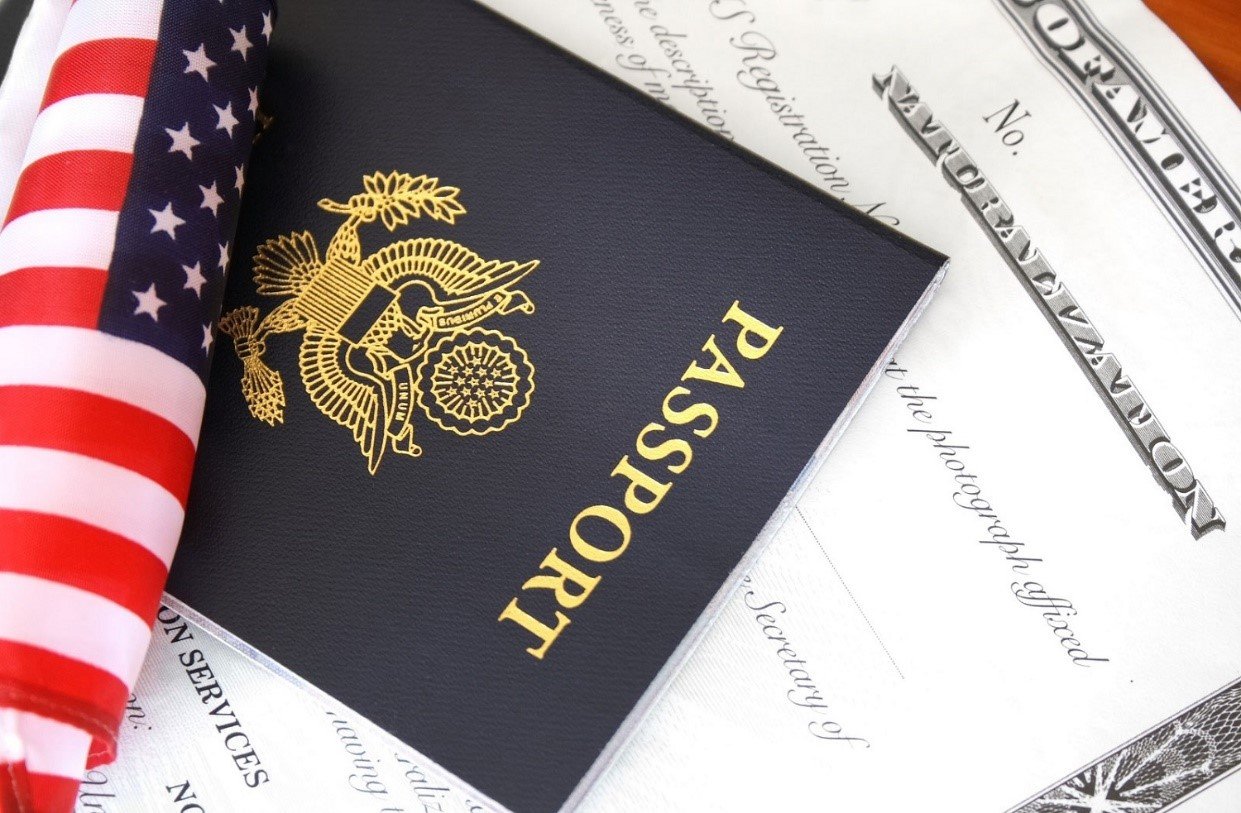
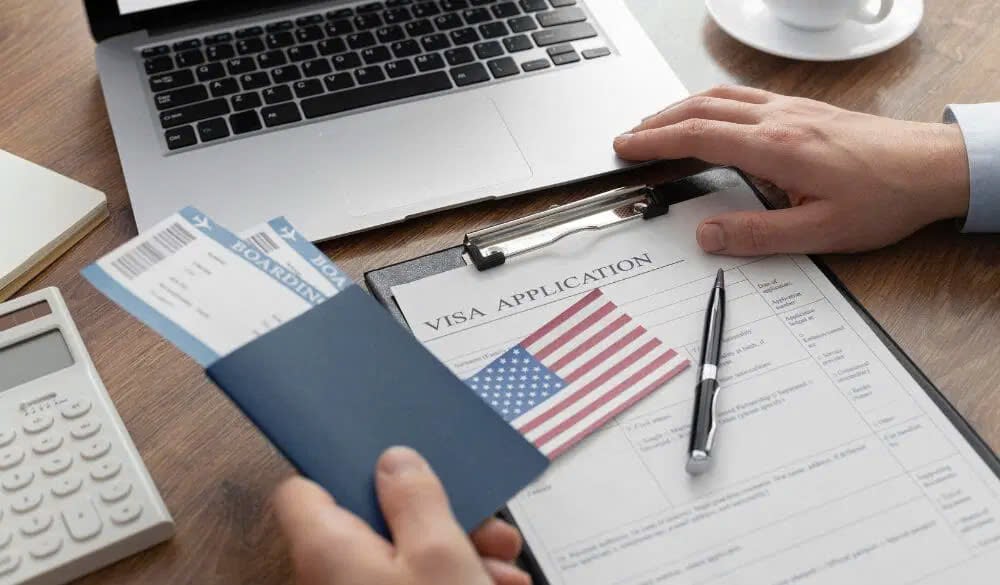


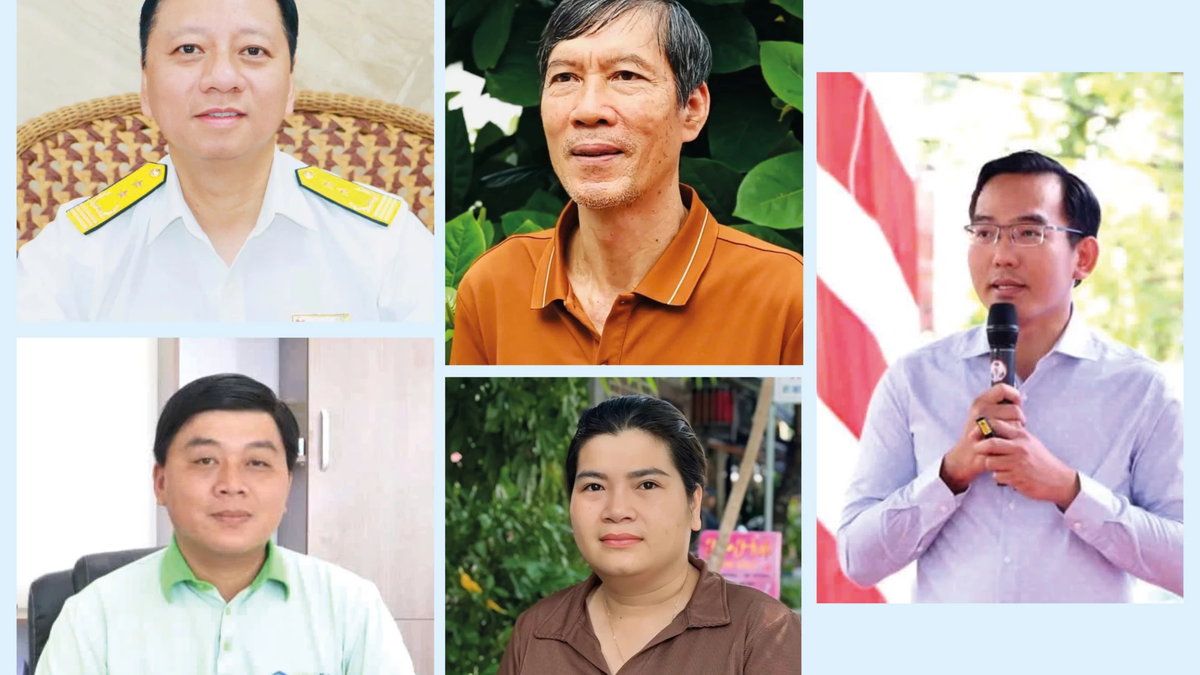

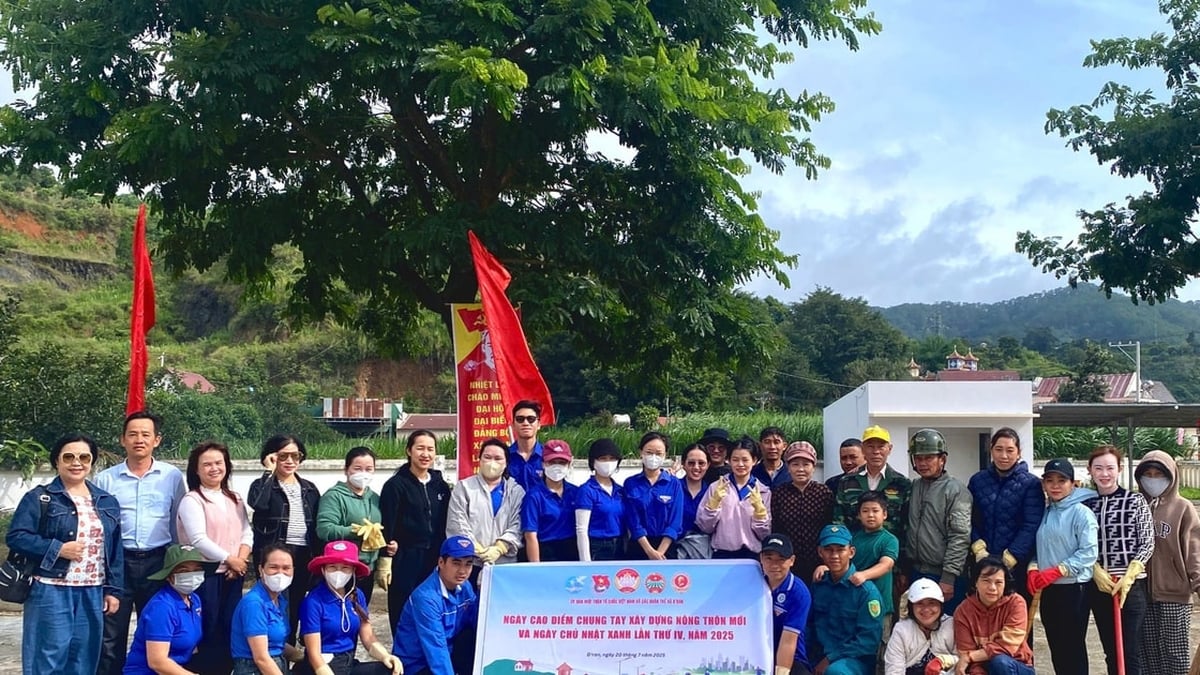
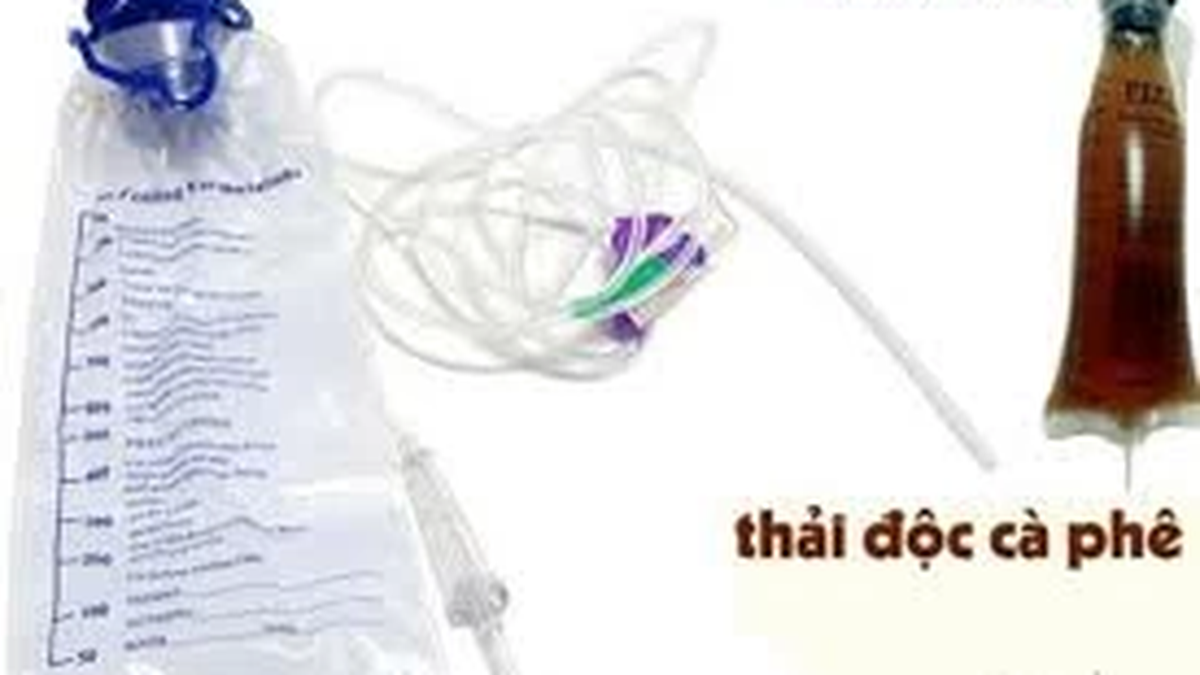

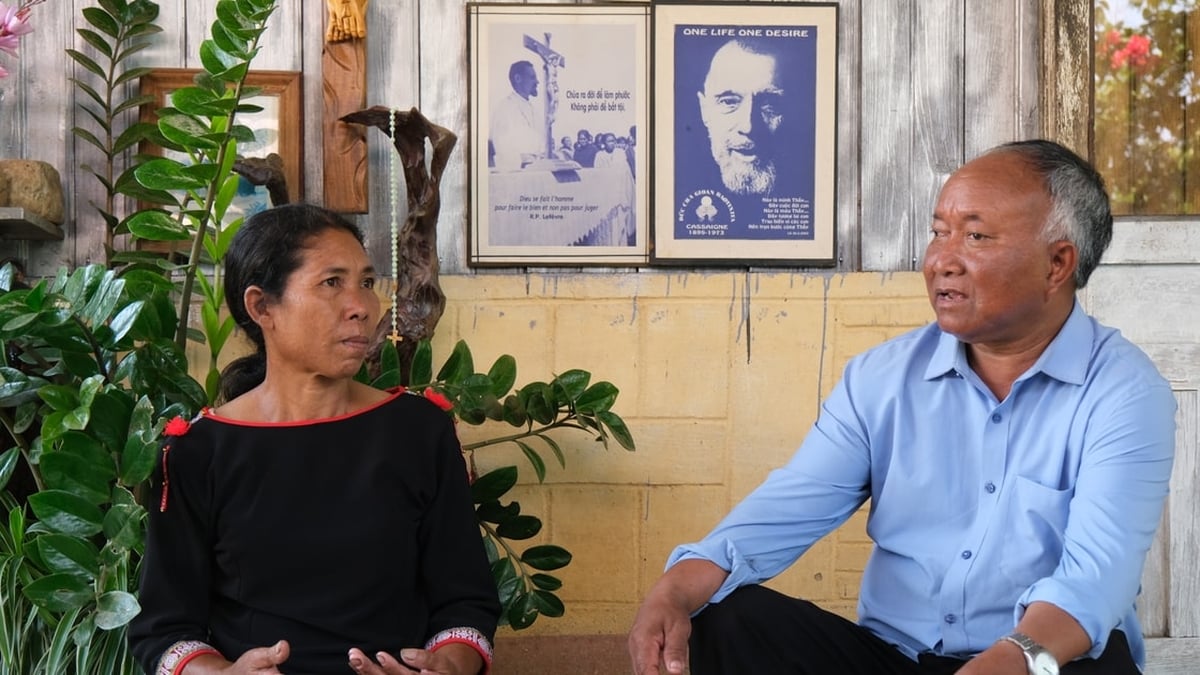
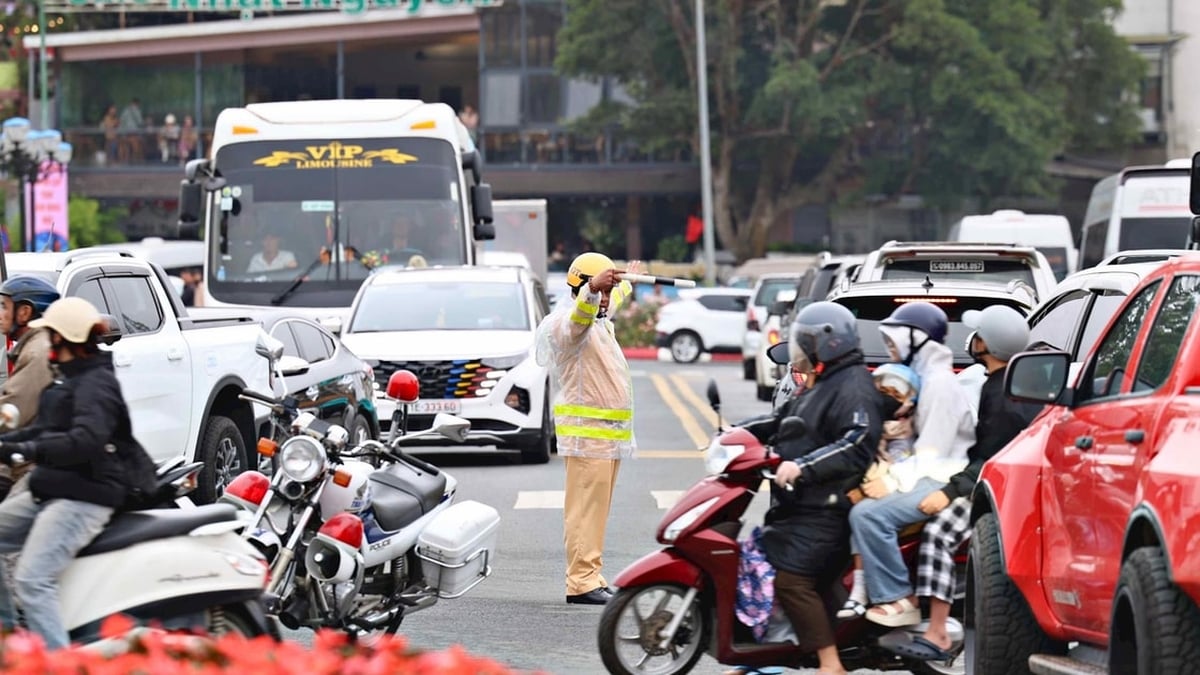
















![[Photo] National Assembly Chairman Tran Thanh Man visits Vietnamese Heroic Mother Ta Thi Tran](https://vphoto.vietnam.vn/thumb/1200x675/vietnam/resource/IMAGE/2025/7/20/765c0bd057dd44ad83ab89fe0255b783)






































































Comment (0)